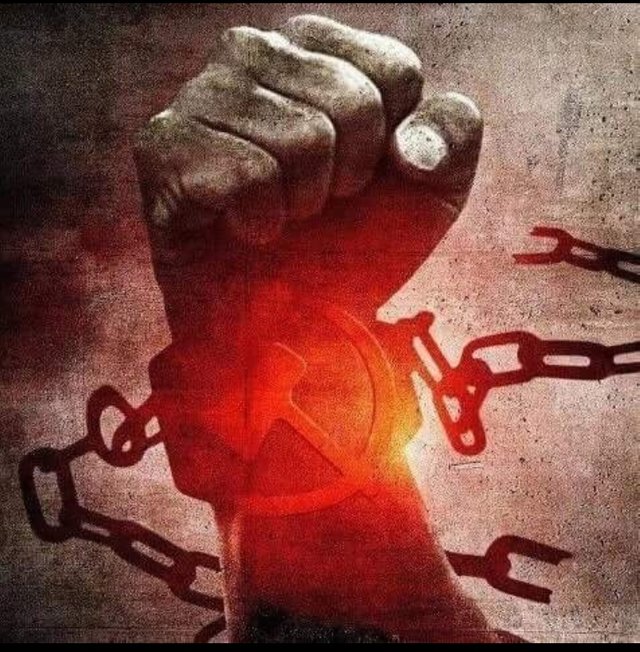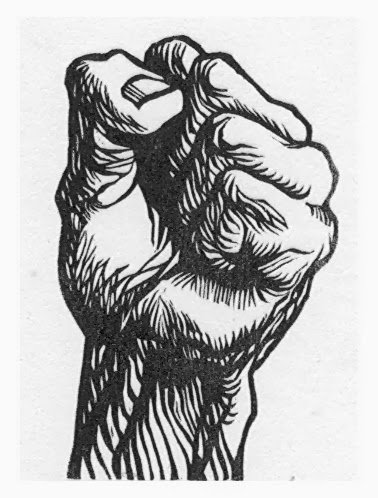Kranti
Kranti, meaning "revolution" in Hindi, carries a powerful and transformative essence. It can refer to societal, political, or personal revolutions that bring about significant change. A revolution is not limited to those led by historical figures, but can also be ignited by the collective efforts and passion of ordinary individuals striving for a better world.
A kranti embodies the spirit of rebellion against oppression, inequality, and injustice. It represents a movement towards liberation, freedom, and equality for all. Throughout history, revolutions have challenged the status quo, questioned authority, and reshaped societies.
The power of kranti lies in its ability to inspire and mobilize people towards a common goal. It is fueled by the desire to create a more inclusive and just society, where everyone has equal opportunities and rights. The path to kranti may be difficult, filled with obstacles and resistance, but it is driven by the unwavering determination to overcome these hurdles and create a better future.
Kranti can also be seen on an individual level, as we strive for personal growth and transformation. It represents a personal revolution, a breaking free from self-imposed limitations, and a relentless pursuit of personal fulfillment and happiness. It is about challenging our own beliefs and behaviors, embracing change, and stepping out of our comfort zones.
In essence, kranti represents the indomitable spirit of change, progress, and liberation. It reminds us of the power we pos

sess as individuals and as a collective to challenge the status quo and shape a brighter future. Whether it is a revolution that shakes the foundations of a nation or a personal transformation that changes the course of a life, kranti embodies the potential within us all to make a difference and create lasting change.
